State of emergency declared in El Salvador following day of brutal gang violence

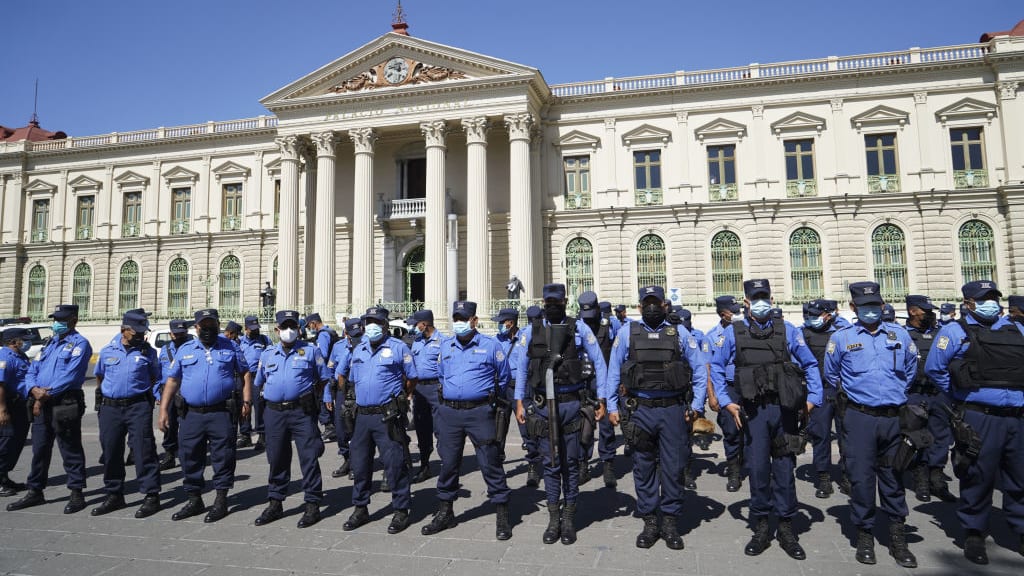
A free daily email with the biggest news stories of the day – and the best features from TheWeek.com
You are now subscribed
Your newsletter sign-up was successful
At least 62 people were killed in El Salvador on Saturday during a spree of gang violence, leading the government to declare a state of emergency on Sunday.
Saturday was the deadliest day on record in the country since the end of its civil war 30 years ago, The New York Times reports. The gang members shot and killed people at random on the streets of San Salvador, the capital of El Salvador. The victims included street vendors, people shopping for food, and bus passengers. A man named Marvin told the Times his neighbor was killed while buying bread, and he knows that once the police officers now in the area leave in about two weeks, "everything will return to normal," with gangs once again controlling the streets.
The state of emergency will last for 30 days, and suspends some civil liberties, including free assembly. The military is also restricting who can go in and leave neighborhoods that are under the control of the MS-13 street gang.
The Week
Escape your echo chamber. Get the facts behind the news, plus analysis from multiple perspectives.

Sign up for The Week's Free Newsletters
From our morning news briefing to a weekly Good News Newsletter, get the best of The Week delivered directly to your inbox.
From our morning news briefing to a weekly Good News Newsletter, get the best of The Week delivered directly to your inbox.
Prior to his election in 2019, President Nayib Bukele vowed to make the streets safer, and the homicide rate did drop. Late last year, the U.S. Treasury Department alleged that Bukele's government made a secret deal with gangs, and in exchange for a reduction in violence and murders, the gangs would receive financial incentives and their imprisoned leaders would have access to prostitutes and cell phones. Bukele has denied the accusations.
Some security analysts believe Saturday's violence may have been a message from the gangs to the government, indicating it's time to renegotiate the deal. "The terms of the previous pact with Bukele's government may have been untenable and the gangs may be trying to change the terms of that pact," Paul J. Angelo, a fellow of Latin American studies at the Council on Foreign Relations, told the Times. "Bukele is not letting a good crisis go to waste and this happened as he was already pushing the legislature to help him consolidate power."
A free daily email with the biggest news stories of the day – and the best features from TheWeek.com
Catherine Garcia has worked as a senior writer at The Week since 2014. Her writing and reporting have appeared in Entertainment Weekly, The New York Times, Wirecutter, NBC News and "The Book of Jezebel," among others. She's a graduate of the University of Redlands and the Columbia University Graduate School of Journalism.
-
 What is the endgame in the DHS shutdown?
What is the endgame in the DHS shutdown?Today’s Big Question Democrats want to rein in ICE’s immigration crackdown
-
 ‘Poor time management isn’t just an inconvenience’
‘Poor time management isn’t just an inconvenience’Instant Opinion Opinion, comment and editorials of the day
-
 Bad Bunny’s Super Bowl: A win for unity
Bad Bunny’s Super Bowl: A win for unityFeature The global superstar's halftime show was a celebration for everyone to enjoy
-
 Maxwell pleads 5th, offers Epstein answers for pardon
Maxwell pleads 5th, offers Epstein answers for pardonSpeed Read She offered to talk only if she first received a pardon from President Donald Trump
-
 Hong Kong jails democracy advocate Jimmy Lai
Hong Kong jails democracy advocate Jimmy LaiSpeed Read The former media tycoon was sentenced to 20 years in prison
-
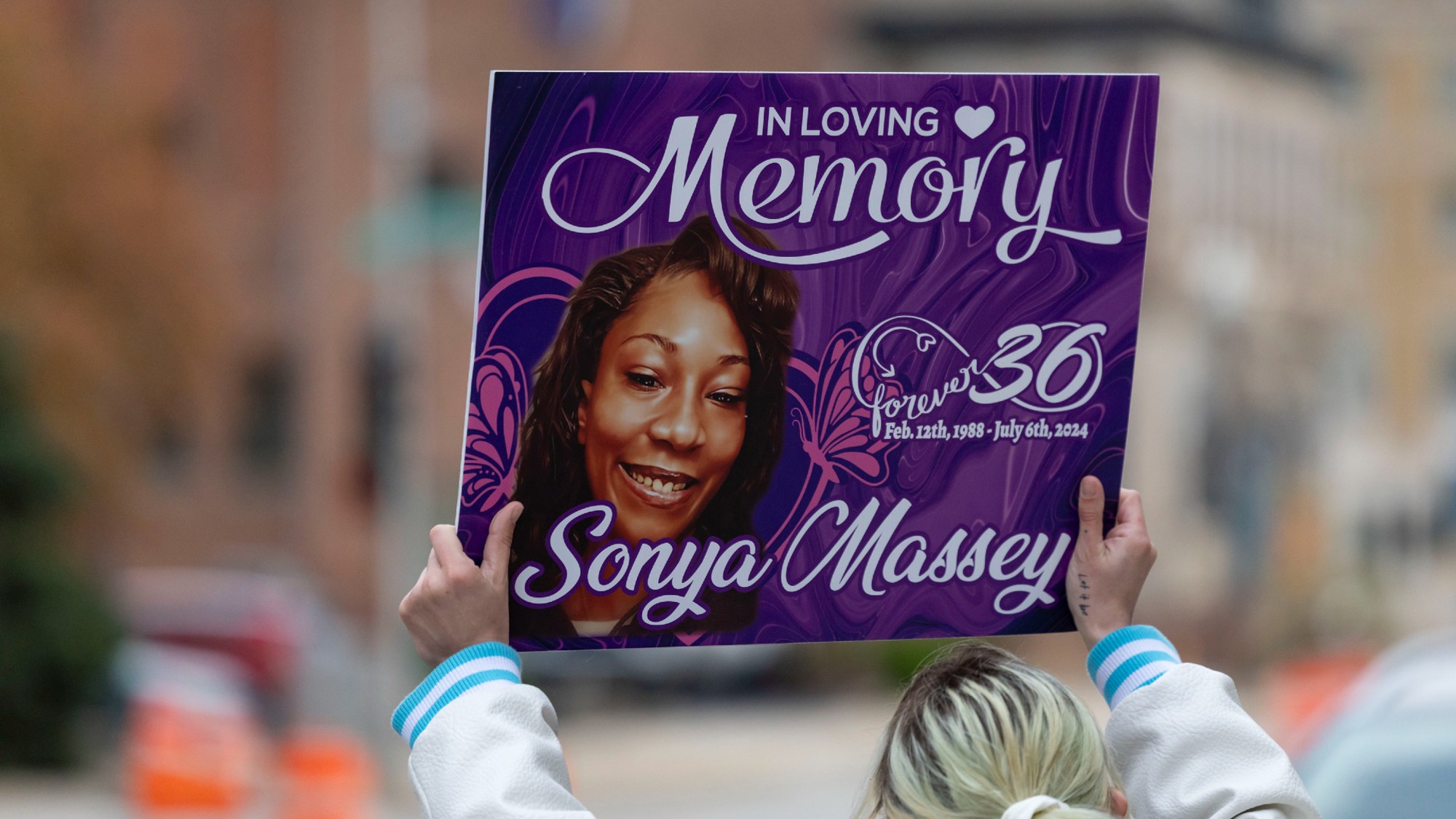 Ex-Illinois deputy gets 20 years for Massey murder
Ex-Illinois deputy gets 20 years for Massey murderSpeed Read Sean Grayson was sentenced for the 2024 killing of Sonya Massey
-
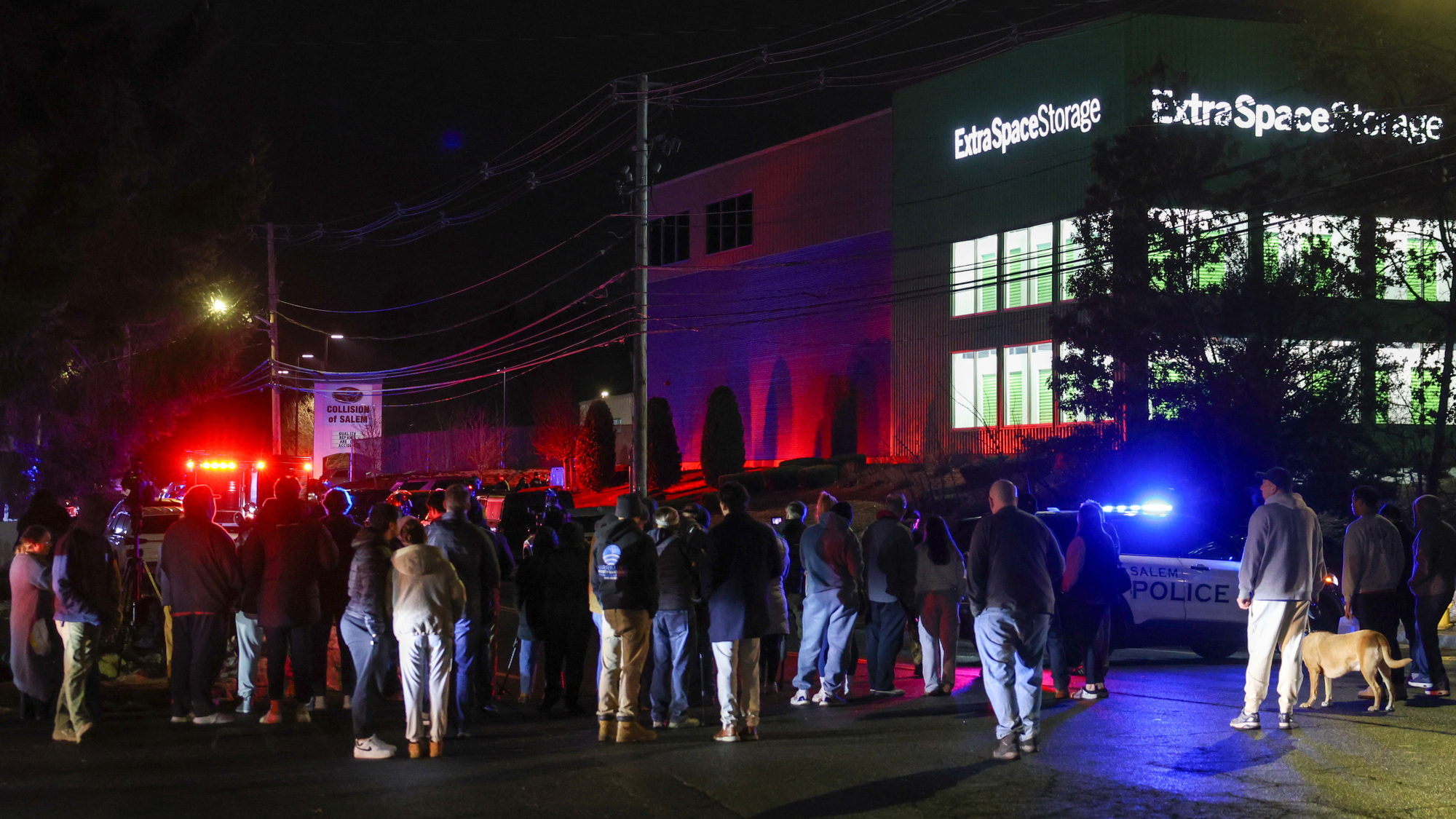 Sole suspect in Brown, MIT shootings found dead
Sole suspect in Brown, MIT shootings found deadSpeed Read The mass shooting suspect, a former Brown grad student, died of self-inflicted gunshot wounds
-
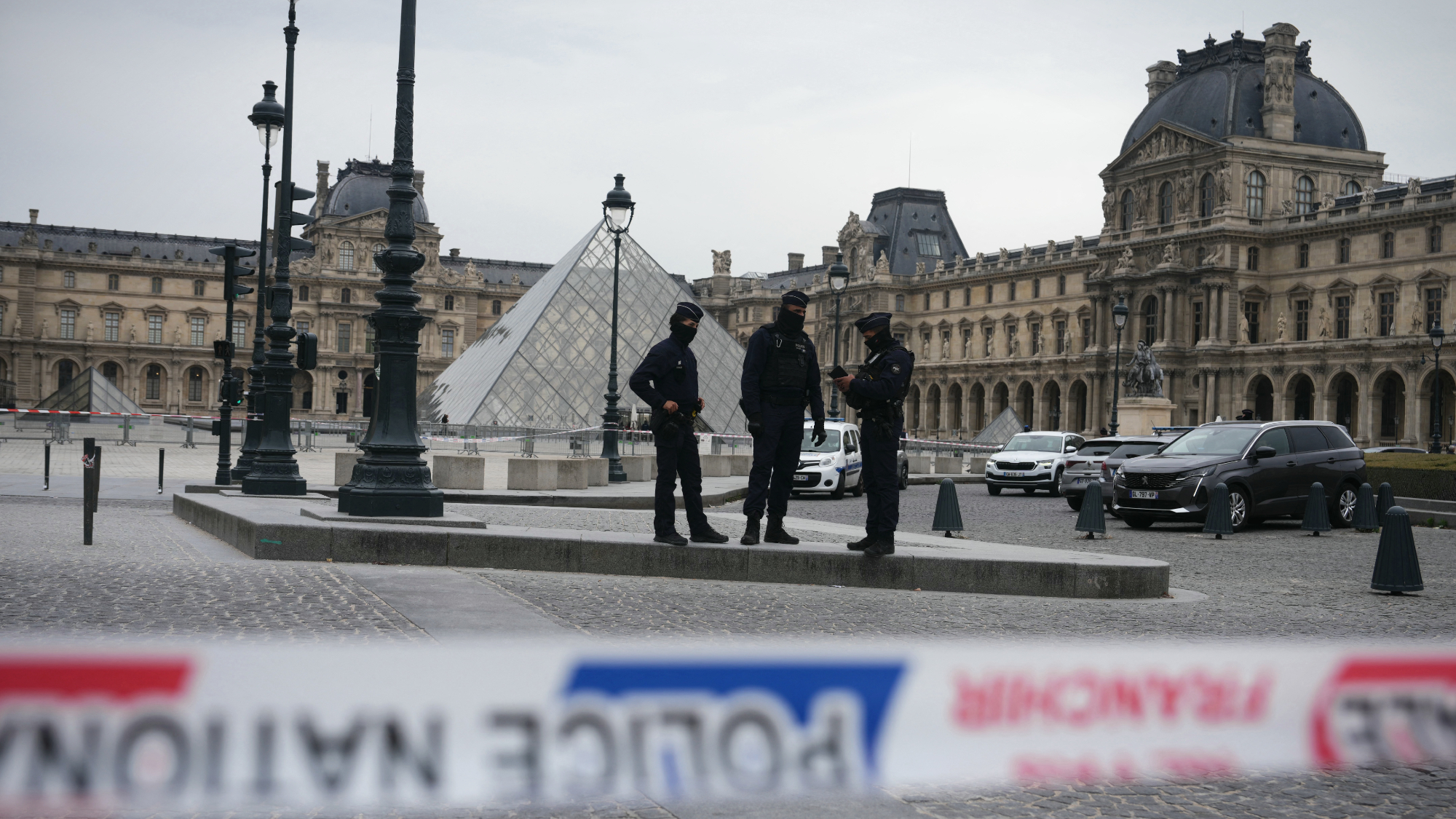 France makes first arrests in Louvre jewels heist
France makes first arrests in Louvre jewels heistSpeed Read Two suspects were arrested in connection with the daytime theft of royal jewels from the museum
-
 Trump pardons crypto titan who enriched family
Trump pardons crypto titan who enriched familySpeed Read Binance founder Changpeng Zhao pleaded guilty in 2023 to enabling money laundering while CEO of the cryptocurrency exchange
-
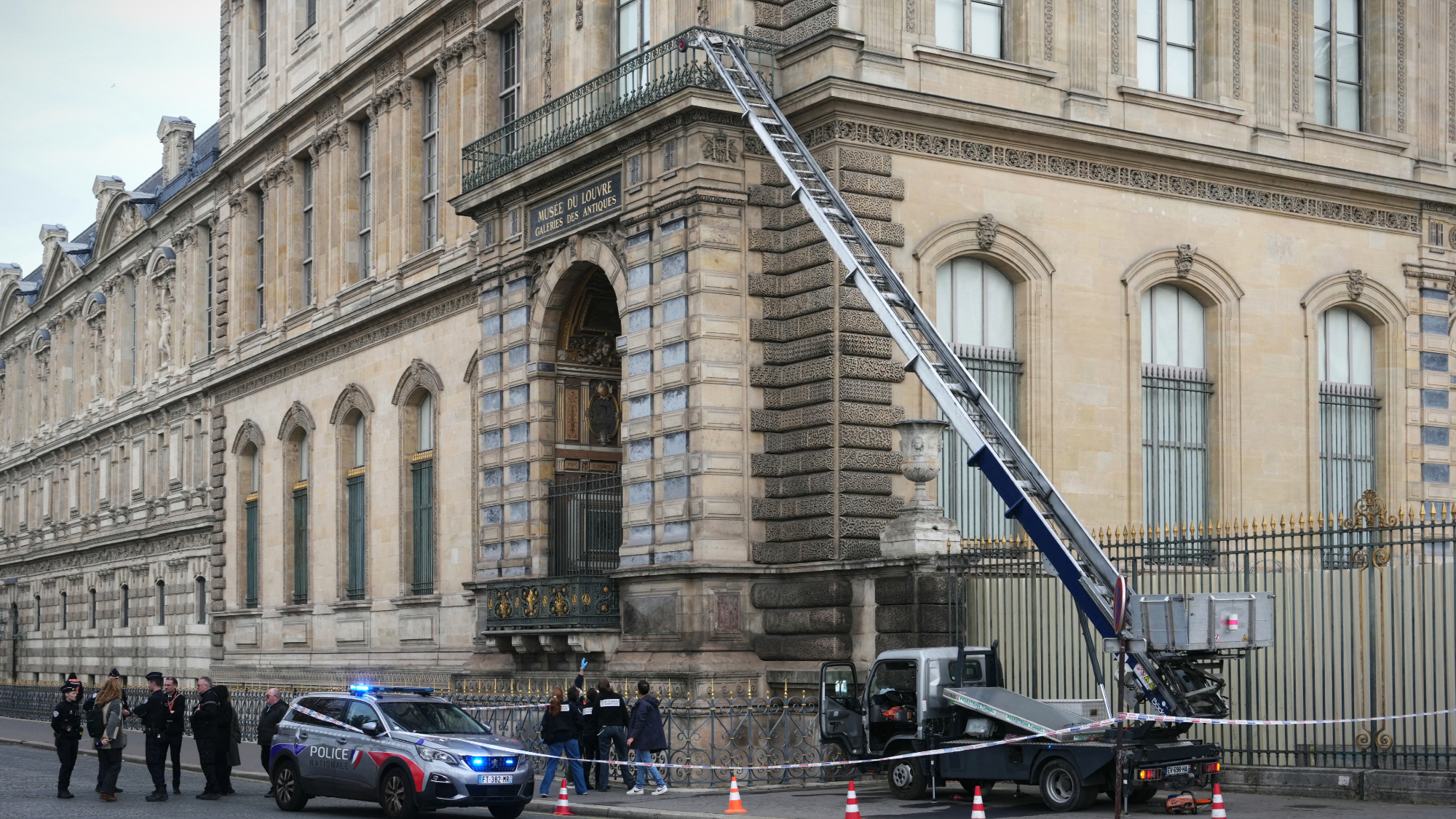 Thieves nab French crown jewels from Louvre
Thieves nab French crown jewels from LouvreSpeed Read A gang of thieves stole 19th century royal jewels from the Paris museum’s Galerie d’Apollon
-
 Arsonist who attacked Shapiro gets 25-50 years
Arsonist who attacked Shapiro gets 25-50 yearsSpeed Read Cody Balmer broke into the Pennsylvania governor’s mansion and tried to burn it down
